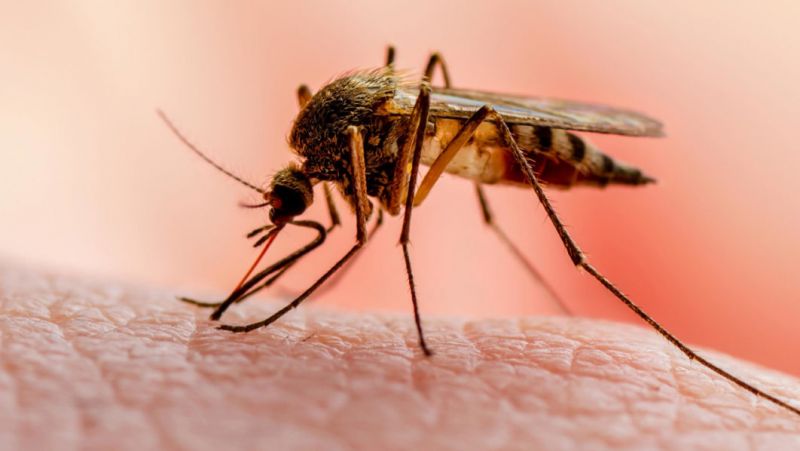According to Dr. Aceng, Uganda's health minister, the parasite that causes malaria has remained resistant to various medications, including Primaquine and Coartem.

According to Dr. Aceng, Uganda's health minister, the parasite that causes malaria has remained resistant to various medications, including Primaquine and Coartem. Dr. Jane Aceng says cases of treatment resistance against malaria are increasing.
According to Dr. Aceng, the parasite that causes malaria has remained resistant to various medications, including Primaquine and Coartem. She continued that the chemicals used in mosquito nets and indoor spraying have made mosquitoes impervious to them.

She claimed that malaria is on the rise and named the West Nile, Lango, Acholi, Karamoja, Bukedea, and Busoga sub-regions as having the highest number of malaria-related fatalities.
The health minister made the remarks as he accepted Shs160 million from the Malaria Free Uganda Board and Ecobank Uganda as part of the Zero Malaria Business Leadership Program on Friday in Kampala.
Also, according to Dr. Aceng, some tests used in the nation can no longer find malaria parasites.
"You can mistakenly believe someone with a fever doesn't have malaria when they do. So we are returning to the fundamentals of using a microscope to find the parasite, she said.
Dr. Aceng ascribed the difficulty to environmental changes and self-medication. Dr. Aceng added that the ministry has established a scientific advisory council to follow up on the medication resistance issue but noted that much research is being done to find solutions.
When the results come in, she expressed optimism that they will help the country's government adjust its malaria treatment policies. According to Dr. Aceng, the government will start distributing at least 28 million mosquito nets coated with a different combination of two insecticides beginning next month.
She claimed that purchasing, shipping, and distributing these nets would cost the nation around Shs47b.
Dr. Aceng pleaded with the general populace to help fight malaria, stating it would need a team effort.
"To realize our goal of a malaria-free Uganda, we must all collaborate. Civil society, the commercial sector, and the government can contribute to this effort. To finally end this dreadful sickness, we must all be dedicated, according to Dr. Aceng.
To save Ugandan lives from malaria, the private sector must work with the government, according to Mr. Kenneth Mugisha, board chairperson of Malaria Free Uganda, a private initiative.
These people are our clients, and malaria directly affects our bottom line through employee absenteeism and expensive employee health insurance costs. Malaria will be eradicated in Uganda by Malaria Free Uganda, according to Mr. Mugisha.
According to Mr. Henry Mwebesa, director general of health services, malaria is a significant burden on the nation. It affects 25% of patients who visit medical facilities for treatment.

